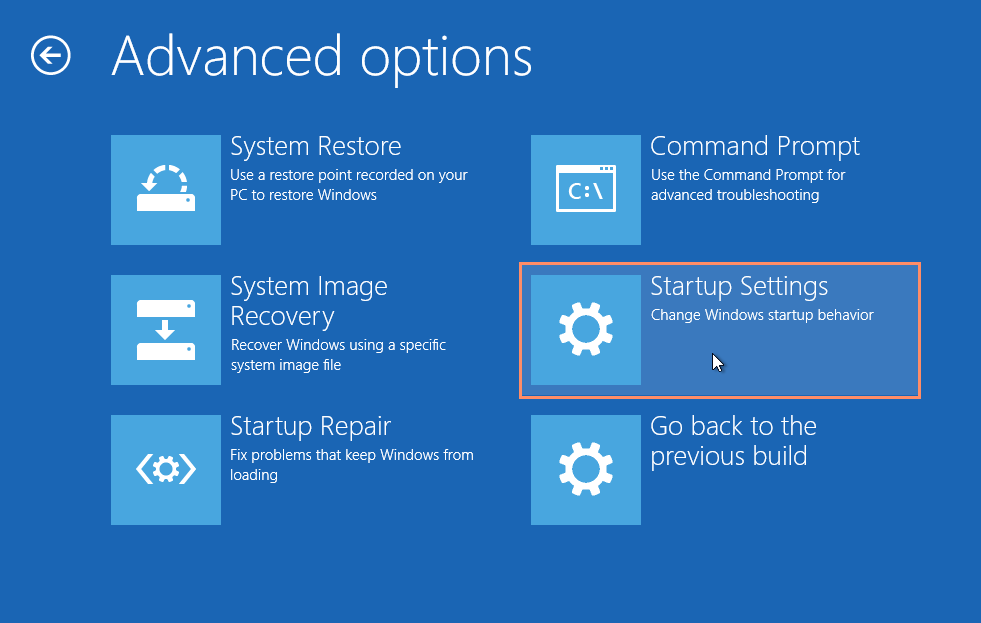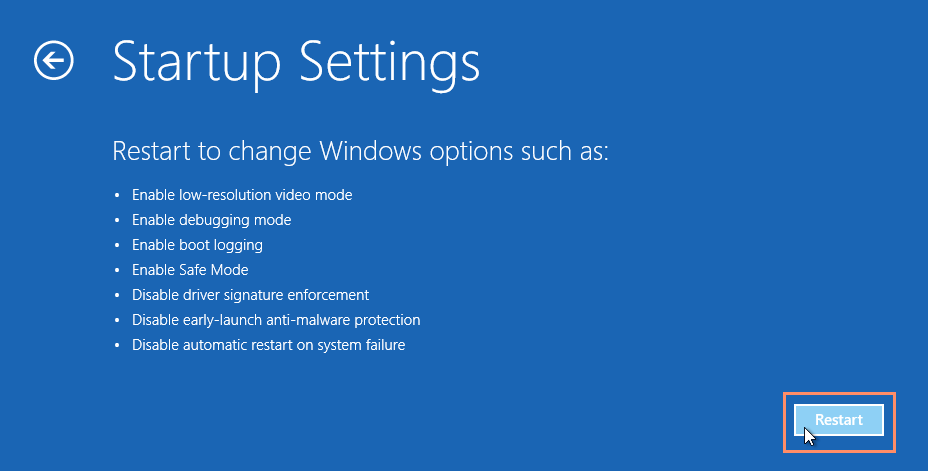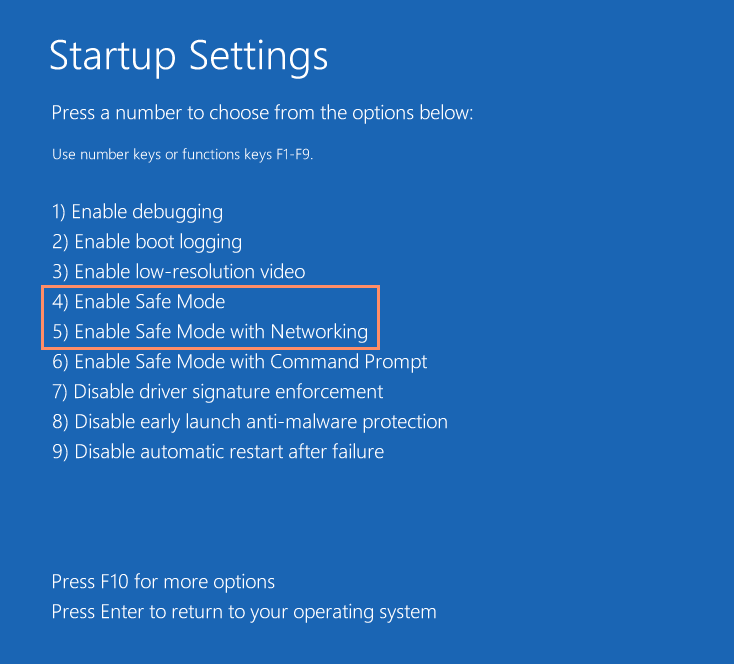Basic Computer Skills -
Starting a Computer in Safe Mode

Basic Computer Skills
Starting a Computer in Safe Mode


/en/basic-computer-skills/how-to-defragment-your-hard-drive/content/
Safe mode is an alternate way of starting up your computer so it's only using the essential programs needed to run. Normally, when you boot up your computer, it loads a lot of drivers, which are programs that allow your operating system (OS) to communicate with other devices and software. However, when you start up in safe mode, only the minimum number of drivers needed to run the computer are loaded (usually just the mouse, keyboard, and display drivers).
Let's say one day you go to use your computer and find that your OS just won't start, or maybe it keeps crashing on you. This could be due to any number of reasons, including a virus, malware, corrupt files, or something else entirely. Safe mode allows you to boot up your OS in a very basic state so you can potentially identify and fix the problem.
While in safe mode, your screen resolution may look a bit off, certain applications might not work properly, or your computer may run a bit slower than usual. This is completely normal; it's just the effects of certain drivers not running.





Certain problems can be fixed pretty easily using safe mode, while others may prove to be more of a challenge.
If you boot up with safe mode and your computer continues to crash, this means there's probably something wrong with your hardware. If this is the case, you'll probably need to take it to a repair technician for further help.
Once you think you've solved your problem, you'll need to get out of safe mode to test and see if it worked. To do this, simply restart your computer. When it boots up again, it should start Windows in its normal operating mode.
/en/basic-computer-skills/installing-software-on-your-windows-pc/content/